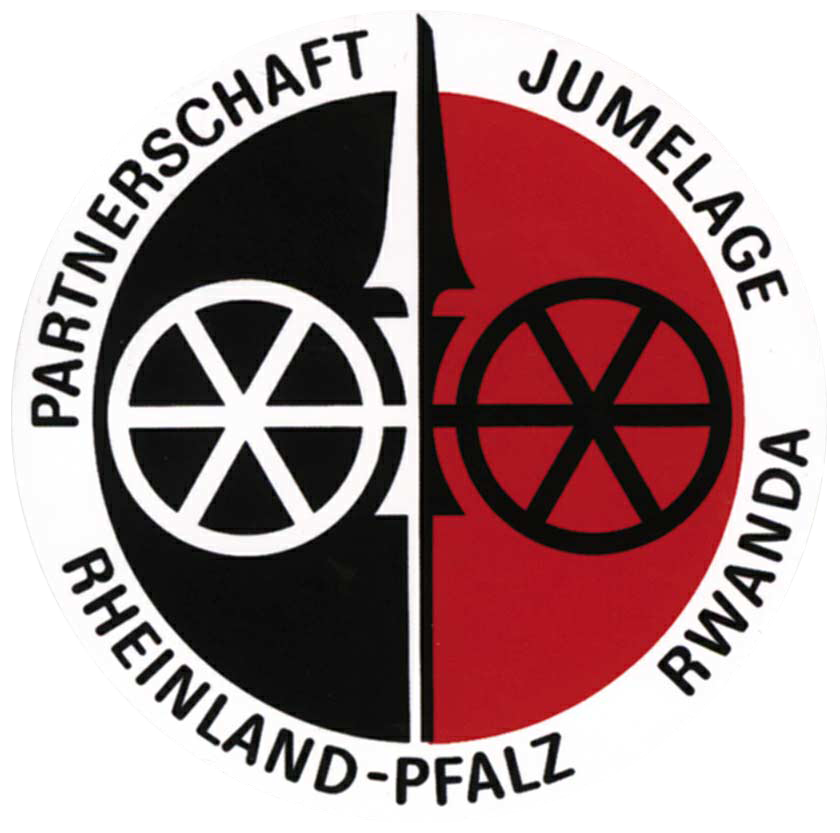Siméon Habumugisha
Financial Accountant at the coordination office

Siméon has been in charge of the finances of the coordination office in Kigali for 24 years and has accompanied the partnership through many of its phases.
Siméon, how did you find the partnership and what keeps you here even after so many years?
In 1986, I received a scholarship for my studies in Trier through the partnership and was able to complete my Master's degree and learn German here. This is also how I came into contact with the coordination office in Kigali and was finally asked by the then head of the Jumelage to take over the financial accounting in 1996. A lot has happened since then, of course: At that time, our work still had a lot to do with the consequences of the genocide against tutsis and we were just six employees. Today, our work is broader and the team has of course become much larger - but the philosophy of our work has remained the same: to improve people's living conditions with small means and, at the same time, to cultivate an intensive friendship between Rhineland-Palatinate and Rwanda.
That sounds like a lot has happened. From your point of view, what role does the partnership play in the Rwandan public today?
The partnership is very well known among the population and enjoys a high reputation. The presence of the Jumelage immediately after the genocide certainly played a major role in this: in 1994, all international organisations withdrew from Rwanda, but the Jumelage was the first foreign representation to resume its work. As soon as July '94, the director of the Jumelage returned and Rhineland-Palatinate had also immediately decided to continue the partnership as soon as possible. We Rwandans were their close friends who needed help more than ever at that time. There were programmes for orphans and for the reconstruction of houses and schools, many partnerships where put in place during this time. Today, there is no district where the Jumemalge is not represented. Many people have attended partnered schools or even received their school fees through the partnership and were thus able to attend school.
What does the partnership mean to you personally and what do you wish for its future?
Well, I have been active in the Jumelage for more than 24 years now and have of course got to know many different partners in this time. Especially at the beginning of my work, I was often able to support the personal exchange between the partners with my language skills. In the course of time, we have had so many different projects and new partnerships, which often continue to this day, and for me it is always nice to see that I can help to advance all this through my experience. And of course I still have good friends in Rhineland-Palatinate whom I visit regularly. For me, personal exchange has always been crucial for cooperation. When the pandemic allows it again, I would therefore like us to visit each other more often, because the personal relationships that develop in this way are, in my view, also what hold the partnerships and cooperation together as a whole.
 Partnerschaftsverein Rheinland-Pfalz/Ruanda e.V.
Partnerschaftsverein Rheinland-Pfalz/Ruanda e.V.